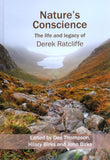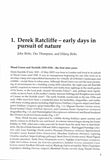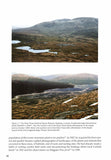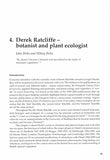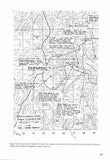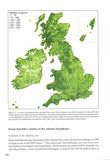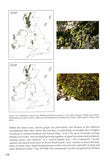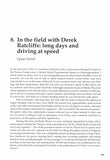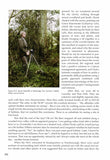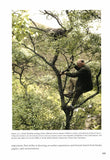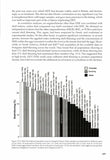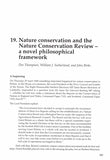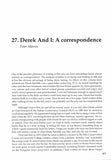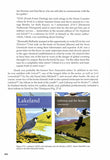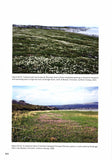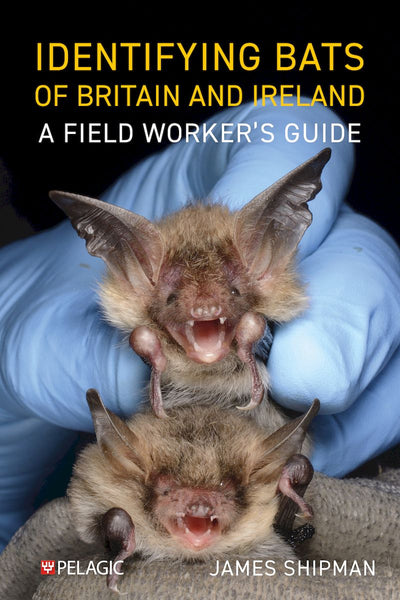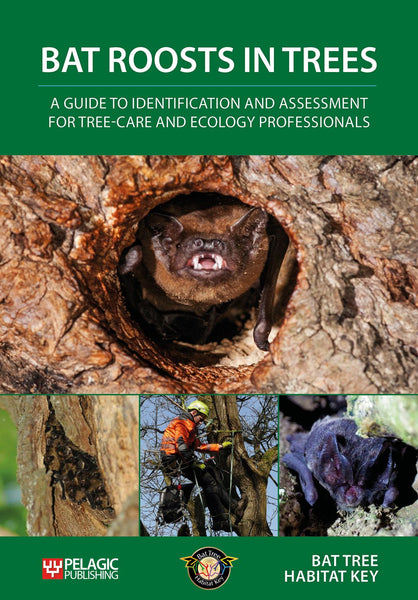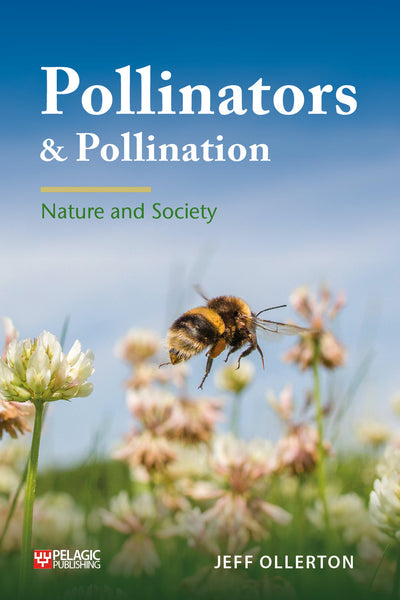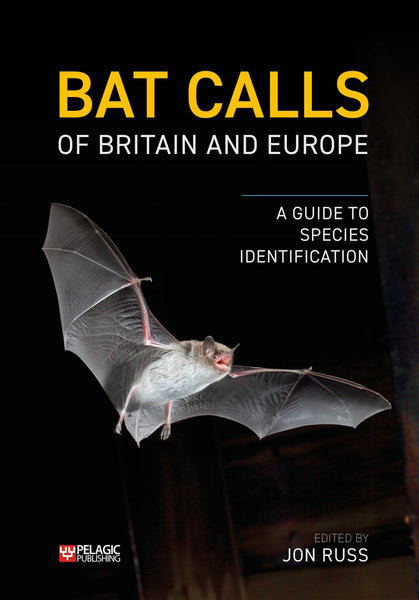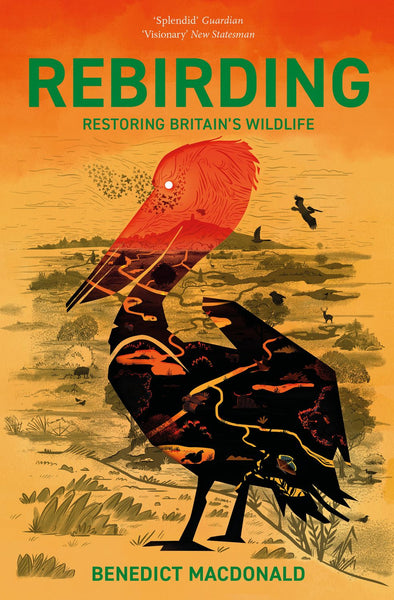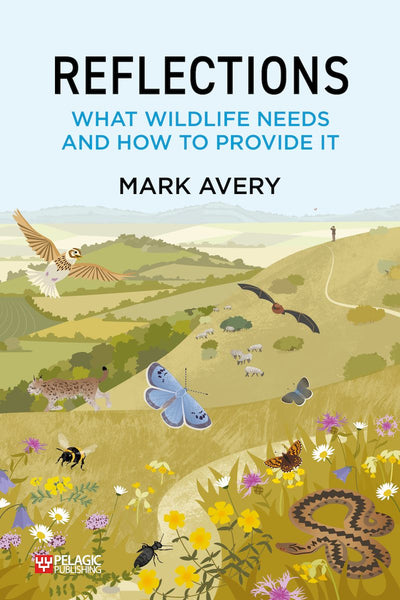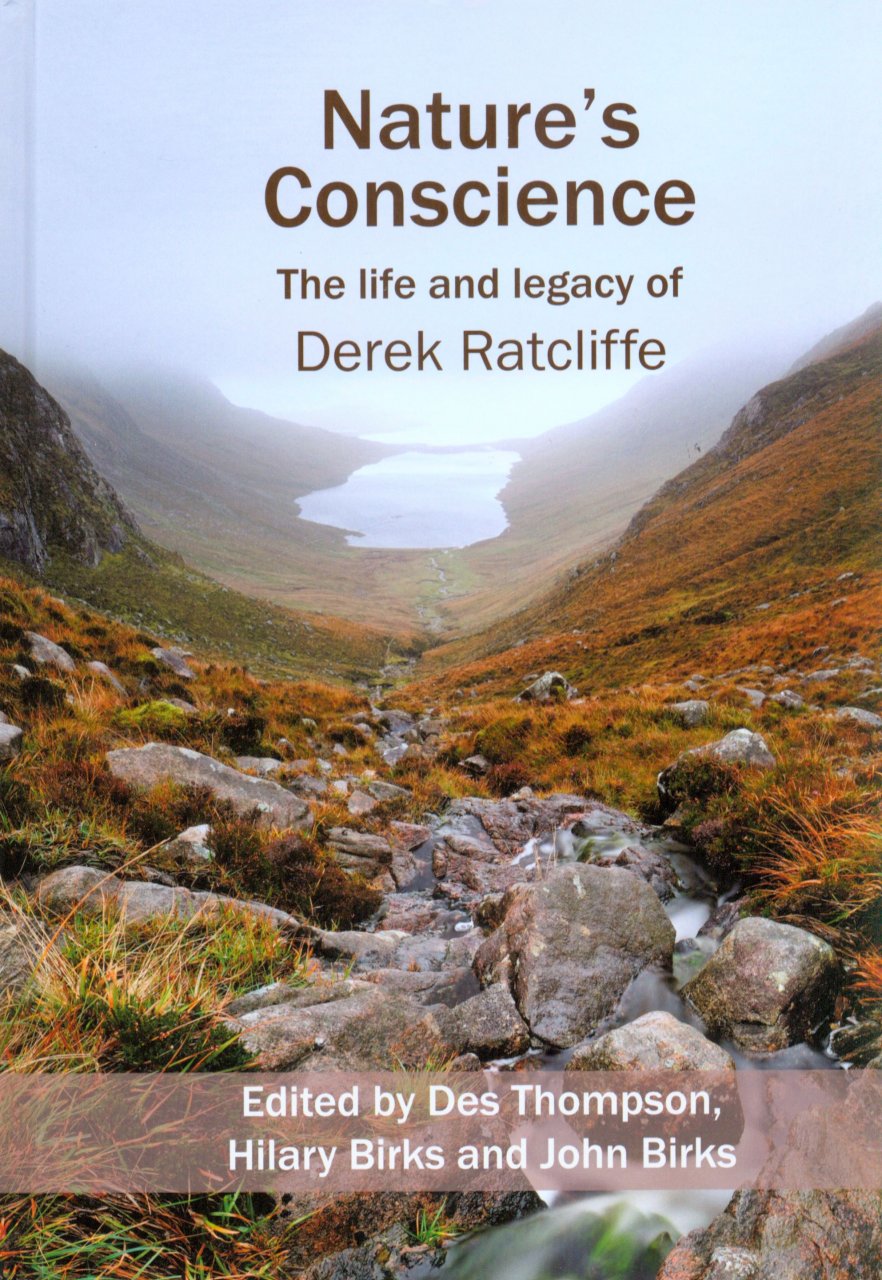
Nature's Conscience
The Life and Legacy of Derek Ratcliffe
- It will have wide appeal to anyone interested in nature conservation in Britain and is a fitting tribute to one of the most outstanding field biologists, conservationists and natural history writers of recent times. —Ian Carter, British Birds
- biography
- botany
- conservation
- Derek Ratcliffe
- ecology
- natural history
- ornithology
Description
Derek Ratcliffe was arguably the most outstanding field biologist and conservationist of the 20th century. This book explores the breadth, quality and legacy of Derek’s work and has many personal reminiscences. The 30 contributors provide fascinating insights to a remarkable person, and events and issues which have shaped wild nature as we see it today. Each part ends with an article written by Derek.
Derek was passionate about nature and used his huge knowledge of nature to good effect. He possessed an intense curiosity which drove him to understand and protect nature. His interests ranged from birds, butterflies and dragonflies, and mountain flora and vegetation to the ecology and biogeography of peatlands and of mosses, liverworts, and ferns. He documented birds, plants, and insects in their habitats and maintained long-term population studies on several birds of prey as well as Raven, Golden Plover, Greenshank, and Dotterel. He documented the decline of the Peregrine Falcon and famously established the role of pesticides as its cause. He led the fight that saved the wild and remote Flow Country of northern Scotland from extensive afforestation. As the Nature Conservancy's Chief Scientist, he masterminded A Nature Conservation Review, which still underpins so much conservation policy and practice in Britain. His books have become classics of natural history writing. Through his employment as a conservationist and his books and articles, he massively influenced our awareness of nature – and its vulnerability.
Beautifully illustrated, this is a deeply inspiring book. It will appeal to a wide readership, curious about what makes such a towering figure so special, and united by an eagerness to see wildlife flourish.
With a foreword by Professor Sir John Lawton.
Table of Contents
Contributors
Preface, acknowledgements, and nomenclature
Foreword by Sir John Lawton
The young naturalist – early days and influences
1. Derek Ratcliffe - early days in pursuit of nature / John Birks, Des Thompson, and Hilary Birks
2. National Service and beyond / John Mitchell
3. Personal observations on some local birds / Derek A. Ratcliffe
The botanist – a quest for rarities and understanding plants in the landscape
4. Derek Ratcliffe - botanist and plant ecologist / John Birks and Hilary Birks
5. Derek Ratcliffe and plant-hunting in southern Scotland and northern England / Rod Corner
6. Bryology in the Highlands and Island of Scotland / David Long and Gordon Rothero
7. Derek Ratcliffe and the Atlantic bryophytes of Britain and Ireland / Chris Preston
8. In the field with Derek Ratcliffe: long days and driving at speed / Lynne Farrell
9. Royal Botanic Garden Edinburgh (RBGE) and caring for Scotland’s flora / David Rae
10. The mountain flora of Britain and Ireland / Derek A. Ratcliffe
The ornithologist – searching for and saving birds in wild places
11. Contributions to field ornithology – in search of nesting birds / Des Thompson
12. North-West Highland reminiscences / Dick Balharry
13. In Galloway and the Borders – in search of an enduring youth / Chris Rollie
14. “lt seemed like a dream come true” – Derek Ratcliffe and the Peregrine surveys / Jeremy Greenwood and Humphrey Crick
15. Pesticides and birds of prey – the breakthrough / Ian Newton
16. Fouling our nest / Elspeth Huxley
17. A thousand nest cards – from Derek Ratcliffe to the University Museum of Bergen / lngvar Byrkjedal
18. Upland birds and their conservation / Derek A. Ratcliffe
The conservationist – protecting nature
19. Nature conservation and the Nature Conservation Review – a novel philosophical framework / Des Thompson, William J. Sutherland, and John Birks
20. Fighting for wildlife - from the inside / Stuart Housden
21. Battling forestry and building consensus: woodland conservation post-1949 / Keith Kirby
22. Forestry, ‘acid rain’, and the acidification of lakes / Rick Battarbee
23. The Flow Country: battles fought, war won, organisation lost / David Stroud, Tim Reed, Mike Pienkowski, and Richard Lindsay
24. A letter to Derek Ratcliffe / Richard Lindsay
25. National and global biodiversity politics and legalities – some reflections / Peter Bridgewater
26. Thoughts towards a philosophy of nature conservation / Derek A. Ratcliffe
The communicator – landscape art and correspondence
27. Derek and l: a correspondence / Peter Marren
28. Landscape art and nature / Will Williams and David Bellamy
29. Lapland images / Derek Ratcliffe
30. A reminiscence – from the introduction to The Peregrine Falcon / Derek A. Ratcliffe
Bibliography of Derek Ratcliffe / Cathy Jenks
Index
Reviews
- ...produced a book which will be of interest to those concerned with the natural history of the British Isles, but which also has relevance to a wider international audience. The book is a substantial volume, and copiously illustrated; not only are there numerous photographs of high quality, but there are also paintings by two landscape artists, Will Williams, and David Bellamy, which capture the environments which for so many years inspired Derek’s life and work. The publishers are to be congratulated on producing a work of such high quality at such a relatively low price. It is a book to be dipped into and savoured. —Paul Adam, BES Bulletin
- I like books like this: reminiscences about the way that conservation science developed historically, how battles were won and lost, and most importantly the role that individuals played in the development of the science and practice of conservation. This book was written to celebrate the life and works of one of the great British conservationists, Dr Derek Ratcliffe, a man who probably did more to set the British conservation scene than any other person. Derek was a polymath, mild eccentric, an expert naturalist, superb scientist and pioneer in the development of conservation strategy. More than this, he inspired a generation of younger scientists and practitioners, many of whom have penned a chapter in this volume….. Go on and read this book for yourself, and see. It is truly inspirational and should be compulsory reading for first year ecology and conservation courses. —Robert Marrs, Biological Conservation
- This book is well organised and richly illustrated throughout. The editors have done a fine job in drawing together the varied contributions from many different authors into a coherent whole. It will have wide appeal to anyone interested in nature conservation in Britain and is a fitting tribute to one of the most outstanding field biologists, conservationists and natural history writers of recent times. —Ian Carter, British Birds
- ... not a biography in the traditional sense, but rather a history of some of nature conservation's great battles, with Derek at their centre, as well as a celebration of the life of an outstanding field naturalist. —James Robertson, British Wildlife
- This book is his epitaph and paints a picture of a kindly, dedicated and quite awe‐inspiring character to whom we owe much without realising it. —Pat Morris, Biological Journal of the Linnaean Society
- The true measure of Ratcliffe’s abilities is that he knew the secret languages of moss taxonomists and plant biologists but could also write and speak in the lingua franca of us all. This book is a glorious, multi-authored exploration of the many parts of this great naturalist: writer, scientist, mountaineer, explorer, photographer and unremitting champion of the wild. It is also a summing up of his place in British natural history, which amounts now almost to a cult… —Mark Cocker, New Statesman
- …an indispensable source of information for anyone interested in nature conservation in Britain, and it cements into place the position of Derek Ratcliffe as one of the key figures in that movement. —Nick Hodgetts, Journal of Bryology
- He shared his encyclopaedic knowledge with so many people, some of whom, thankfully, have written this excellent book to enthuse about the man and his passions. —Rob Hume, Birdwatch
- In the 20th century, probably no-one contributed more to the conservation of Britain’s uplands and to knowledge of their ecology than Derek Ratcliffe (1929–2005)… We owe him a lot and this book tells it all. —John Savory, Scottish Birds
About the Author
Professor Des Thompson is Principal Adviser on Science and Biodiversity with Scottish Natural Heritage (SNH), Des works closely with government, and leads on key policy and science matters relating to nature. Chairman of the Technical Advisory Group advising the UN Convention on Migratory Species on the conservation of migratory birds of prey in Eurasia and Africa, Des has specialist interests in birds and the uplands, and has published 15 books and more than 200 papers. An Associate Editor of the Journal of Applied Ecology, Chairman of the Field Studies Council (the UK’s leading provider of outdoor environmental education), he is a Fellow of the Chartered Institute of Ecology and Environmental Management, and the Royal Society of Edinburgh.
Professor Hilary Birks is Professor Emerita in the Department of Biology, University of Bergen, Hilary’s research focuses on reconstructing vegetation, environment and climate over the past 15,000 years, using macroscopic plant remains and pollen preserved in lake sediments. She worked extensively in Scotland before moving to Bergen in 1985, where she was appointed to a personal Chair in 2001. Hilary has made major contributions to knowledge on the development of Norwegian ecosystems and climate since the end of the last glacial period. A Foreign Member of the Norwegian Academy of Science and Letters, Fellow of the American Association for the Advancement of Science, and Corresponding Fellow of the Royal Society of Edinburgh, Hilary received a lifetime achievement award from the International Paleolimnological Society.
Professor John Birks is an internationally acclaimed scientist, who has published more than 20 books and 400 papers, John is Professor Emeritus in the Department of Biology, University of Bergen. His research achievements are in the field of Quaternary science and environmental history. This includes quaternary palaeoecology, linking pollen analysis and vegetation history with modern ecology; and in quantitative palaeoecology, using numerical methods to analyse numerical palaeoecological data. In receipt of prestigious medals for his research from four countries, as well as the Lifetime Achievement Award and Medal from the International Paleolimnology Association, John has editorial roles for nine scientific journals, and had a special issue of The Holocene dedicated to his lifetime work - entitled ‘At the frontiers of palaeoecology’. A Foreign Member of the Royal Swedish Academy of Sciences, and the Norwegian Academy of Science and Letters, John is a Corresponding Fellow of the Royal Society of Edinburgh.
Bibliographic Information
 598 pages
598 pages - 265 figures
- BISAC NAT011000, NAT037000, BIO030000
- BIC RNKH, WNC, BGT






